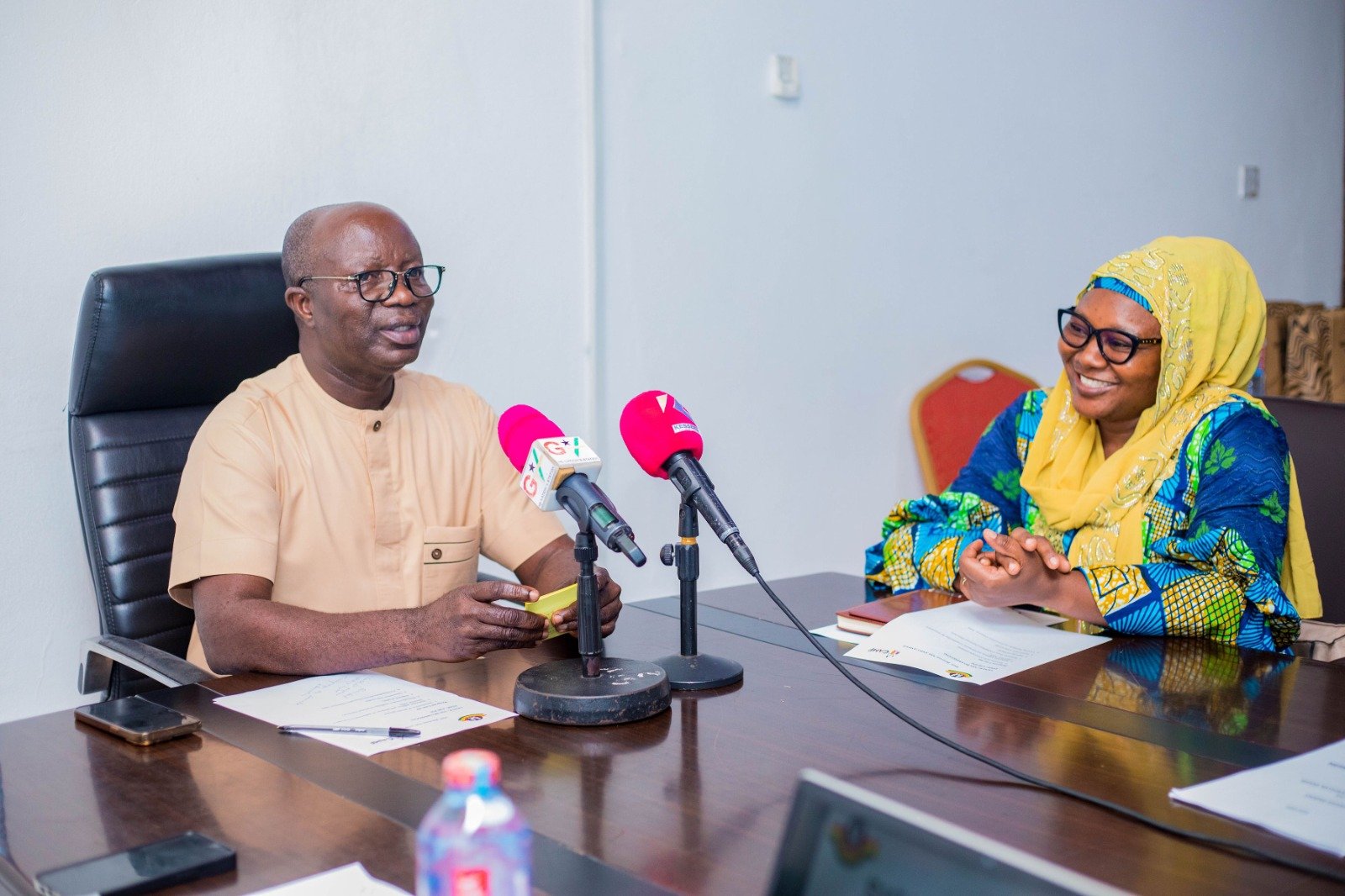
 The National Service Scheme (NSS) and Campaign for Female Education (CAMFED) Ghana, a pan African movement supporting girls to be change makers, have entered into a partnership aimed at making a meaningful difference in the lives of women in the national service and students across Ghana.
The National Service Scheme (NSS) and Campaign for Female Education (CAMFED) Ghana, a pan African movement supporting girls to be change makers, have entered into a partnership aimed at making a meaningful difference in the lives of women in the national service and students across Ghana.
Speaking during the signing Memorandum of Understanding (MoU) on Wednesday, March 13, 2024 at the NSS Headquarters in Accra, the National Director of CAMFED Ghana, Fairuza Safian, said the partnership, established with the NSS, seeks to address critical gaps in the education sector while empowering female students to excel in STEM fields.
Madam Safian emphasised that CAMFED’s focus within this partnership is to champion STEM education among females. Additionally, he indicated that it aims to tackle pressing issues such as the teacher-pupil ratio, gender inequality and rural-urban disparities in education.
She said CAMFED plans to deploy female university graduates with science backgrounds to schools in CAMFED partner districts. These graduates, she explained, would serve as Learner Guides, delivering the innovative ‘My Better World’ curriculum, designed to inspire and empower young learners.
She added that both parties would also train personnel on the ‘My Better World’ curriculum, stressing that “this proactive approach aims to equip teachers with the necessary tools to deliver quality education effectively”.
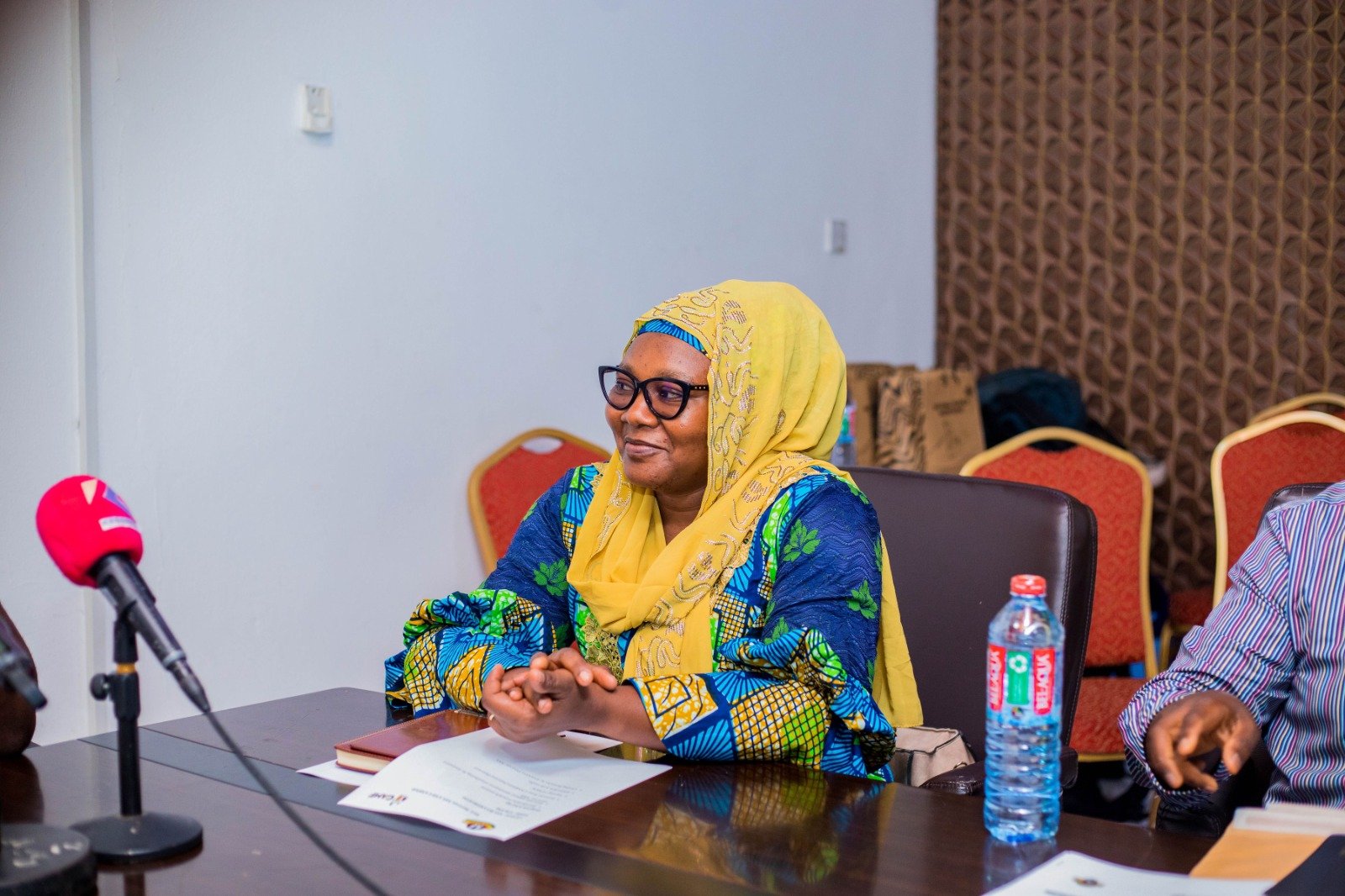 Strategic alignment
Strategic alignment
Touching on the strategic alignment of this partnership, Madam Safian highlighted that it falls within CAMFED’s new strategic plan for 2024 to 2029.
She said her outfit envisions tripling its impact over 30 years, with a particular emphasis on supporting marginalized girls and enabling young women to secure sustainable livelihoods.
CAMFED’s strategic plan is structured into three levels of action. Level 1 focuses on implementing a comprehensive support system for marginalized girls, while Level 2 aims to facilitate the transition of young women into leadership roles. At Level 3, CAMFED endeavours to drive the adoption of best practices in national education systems on a large scale.
Safian expressed optimism about the potential impact of the partnership, expressing the belief that it would address crucial education challenges, and contribute to achieving national and international education goals.
She emphasised the importance of Goal 4 of the Sustainable Development Goals, which aims to ensure inclusive, equitable and quality education for all.
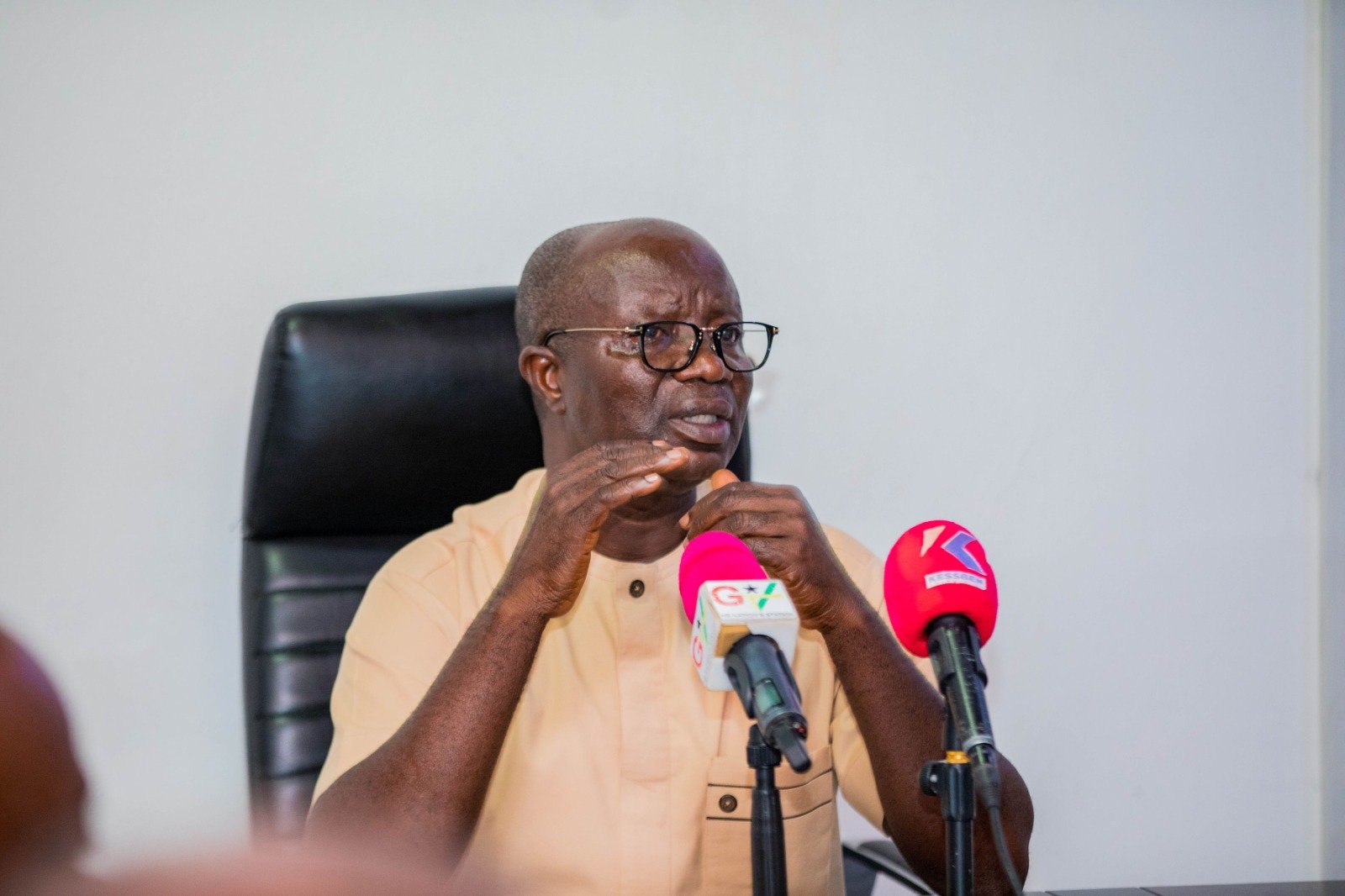 Value addition
Value addition
For his part, the NSS Executive Director, Osei Assibey Antwi, expressed enthusiasm about the collaboration with CAMFED Ghana. He highlighted the Scheme’s dedication to adding value to the lives of National Service Personnel (NSPs), particularly in underserved regions such as the North of Ghana.
He described the partnership as one that would empower women NSPs by enhancing their skills, enabling them to contribute significantly to their families, communities, and the nation as a whole.
Mr. Assibey Antwi commended CAMFED Ghana for its tireless efforts in promoting quality education for girls and empowering women, aligning with the Sustainable Development Goal (SDG) 4.
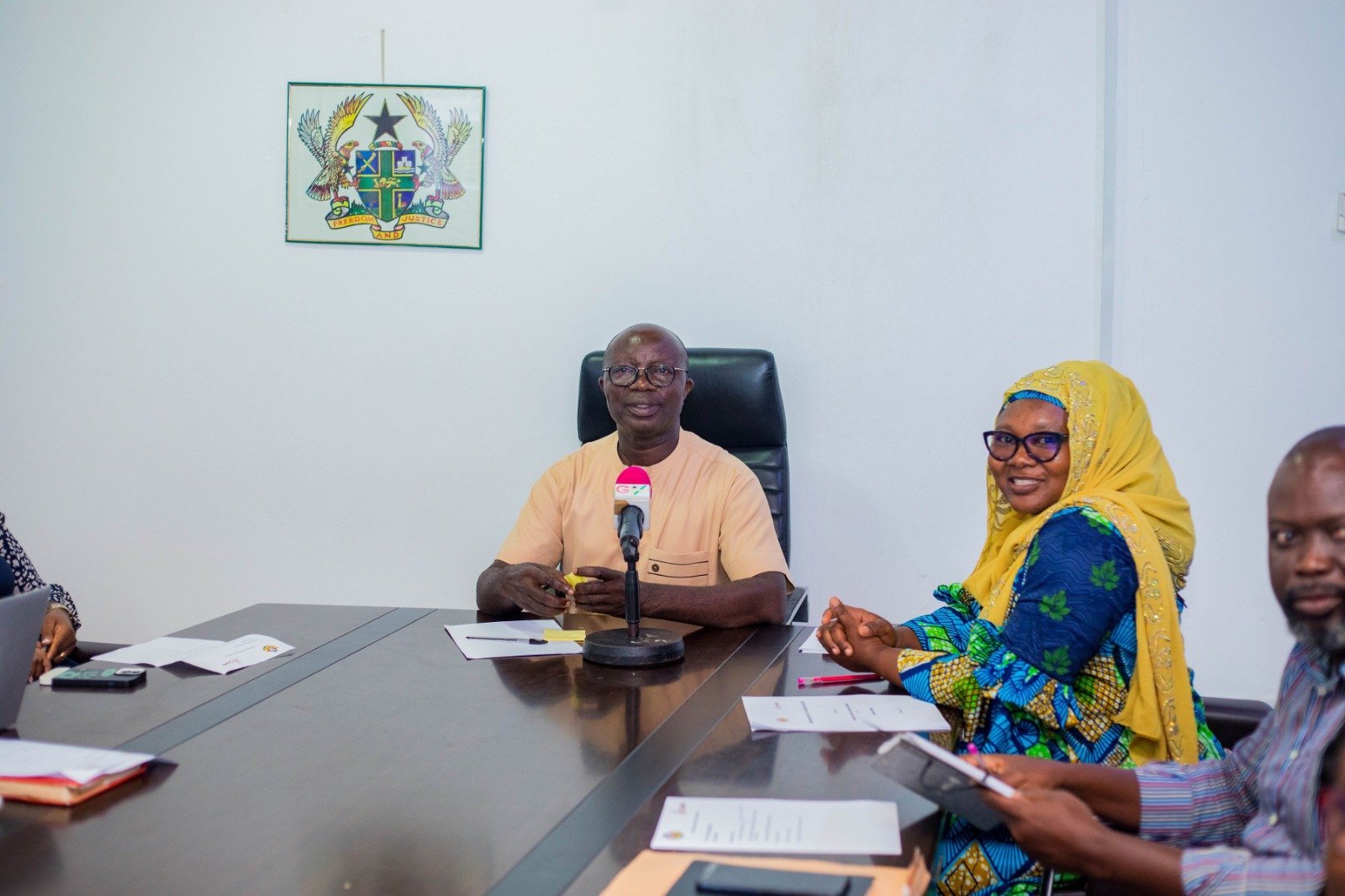 He touched on the NSS’s priorities, including agriculture, education, health, administrative support, security, sanitation among others. He stressed the Scheme’s focus on educating NSPs about the importance of their service through Campus Orientation programmes.
He touched on the NSS’s priorities, including agriculture, education, health, administrative support, security, sanitation among others. He stressed the Scheme’s focus on educating NSPs about the importance of their service through Campus Orientation programmes.
Skill development
He revealed the NSS’s new initiative, “Deployment for Employment”, which focuses on developing NSPs’ skills to meet the demands of the job market and entrepreneurship.
“One key area of focus is agriculture, where the NSS is partnering with Agri-Impact Consult to train tertiary graduates in modern farming techniques,” he said.
He highlighted the scheme’s efforts in engaging women in agriculture, noting their interest in greenhouse farming. Through the “Harnessing Agricultural Productivity and Prosperity for Youth (HAPPY)” initiative, NSS is facilitating the placement of fresh graduates on farms to gain practical experience and become entrepreneurs.
Mr Assibey Antwi mentioned the NSS’s acquisition of 20,000 hectares of land in Kumawu for agricultural purposes. This initiative aims to expose NSPs, not just women but the entire service personnel to modern farming practices, including agric engineering.
He reaffirmed the Scheme’s commitment to gender equality, noting the significant participation of women in various agricultural ventures.
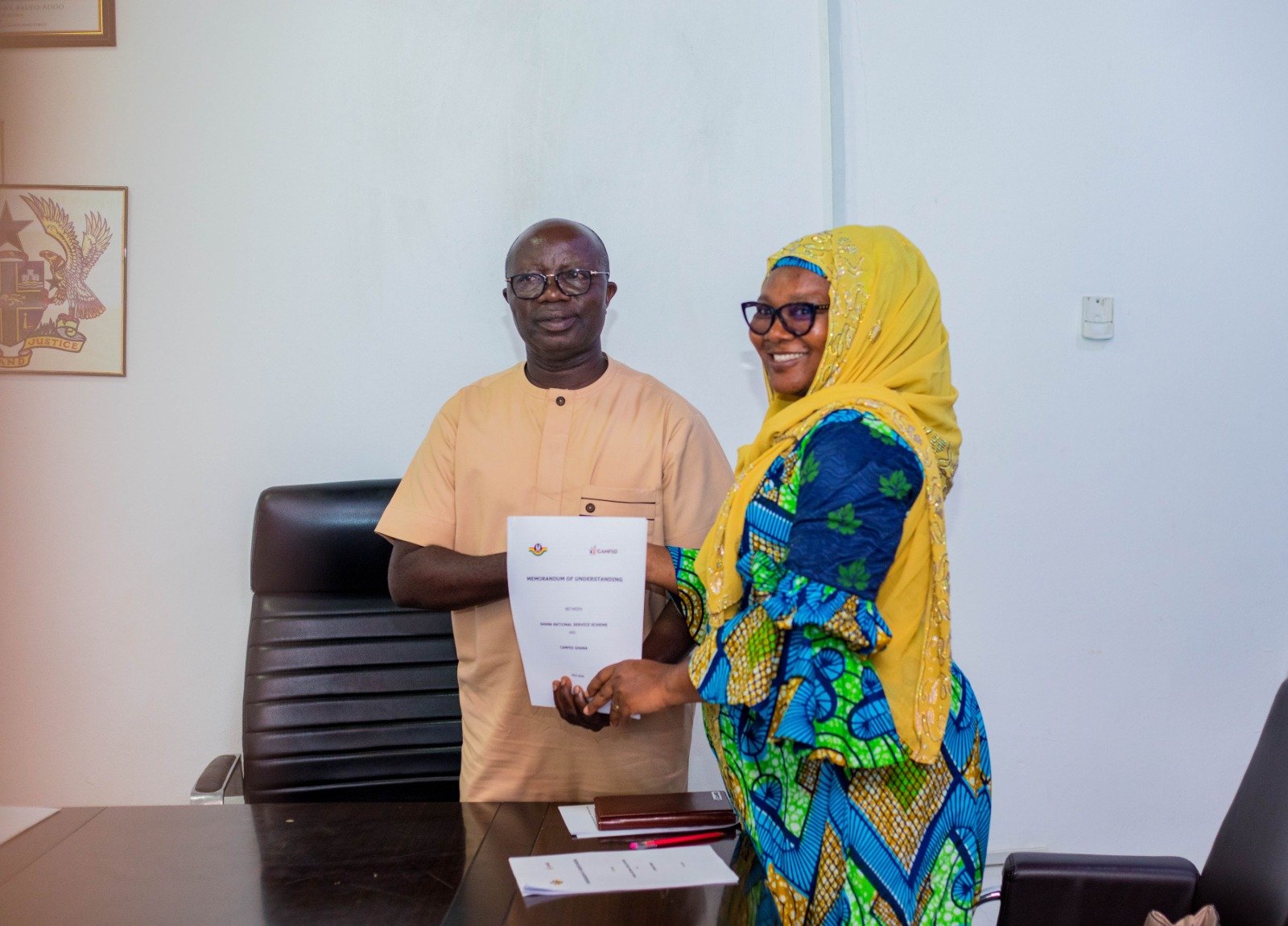
Read Full Story




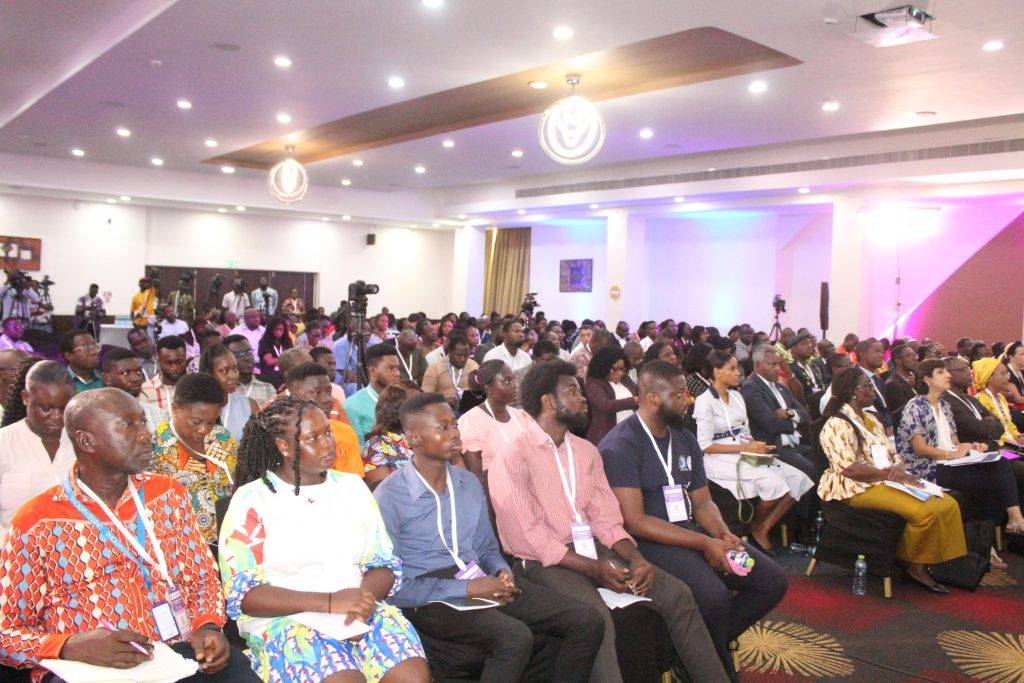

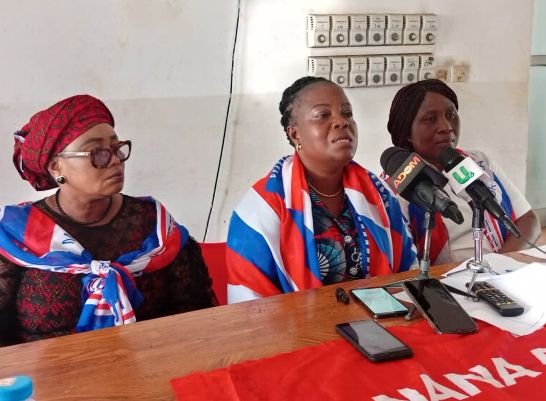



















Facebook
Twitter
Pinterest
Instagram
Google+
YouTube
LinkedIn
RSS